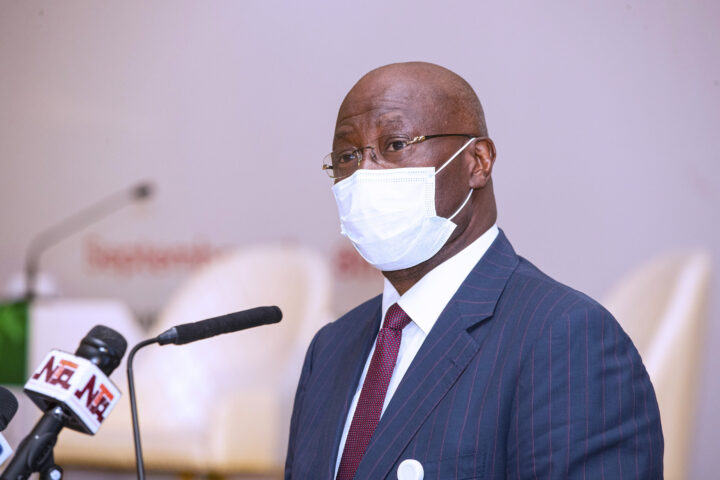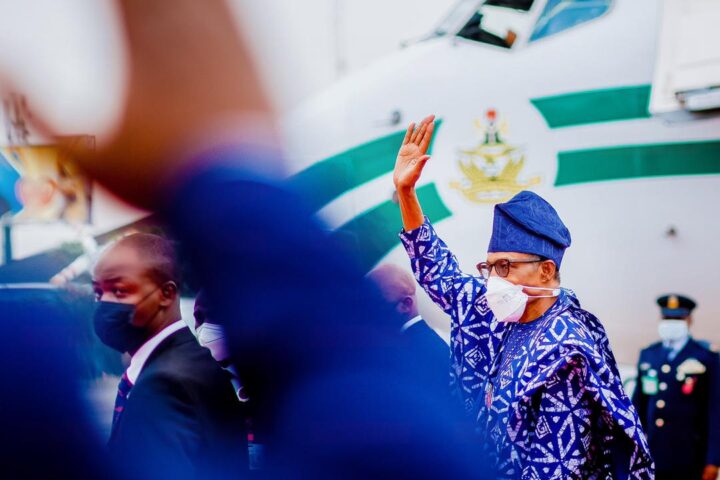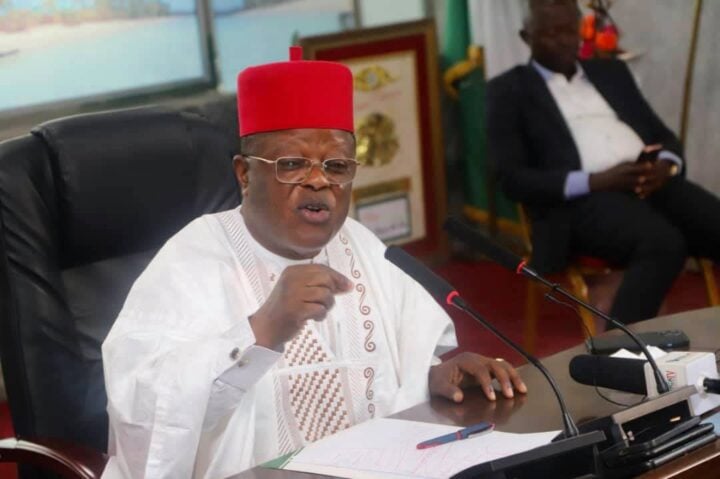Bismarck Rewane, chief executive officer of Financial Derivatives Company, says the country’s inflation rate will remain structurally high at a full-year average of 13.3 percent in 2022.
Rewane said this at the Nigerian-British Chamber of Commerce (NBCC) January breakfast meeting on Thursday in Lagos.
In November 2021, Nigeria’s inflation rate declined marginally to 15.40 percent from 15.99 percent in October — the 8th consecutive monthly decline and the lowest inflation rate recorded in 2021.
The National Bureau of Statistics (NBS) is expected to release the last inflation report for 2021 this week.
Advertisement
Rewane predicted that economic activity in 2022 will be similar to 2021, owing to global inflationary trends linked to COVID-19, such as the lingering global supply shortage.
“We can expect to see sustained cost-push factors, including a planned fuel subsidy removal, new electricity tariffs and additional taxes; alongside legacy issues, such as increased debt service burden and exchange rate conversion. Inflation will remain structurally high at an average of 13.3%, with an increase in Q1 and Q2,” Rewane said.
The economist, however, noted that the economic outlook for the country is not gloomy, despite its continued dependence on oil.
Advertisement
He pegged Nigeria’s economic growth for 2022 at 3.4 percent on sustained growth in the information and communications technology (ICT) and the financial services sector.
“Nigeria would be richer and better off in 2022, and key sectors to drive the expected growth are ICT and the financials because other sectors use it to drive productivity,” he said.
“The economy will see a 90 percent surge in e-payment as well as an increased adoption of technology and digitisation.”
Rewane said Nigeria’s gross external reserves would decline towards $39 billion as the Central Bank of Nigeria (CBN) increased foreign exchange supply and allowed naira convergence.
Advertisement
He added that the government would increase borrowing to meet deficit financing needs and may result in a sovereign debt default.
“The World Bank projects economic growth of 2.5% for Nigeria, with a 3.4% annualised growth rate, driven by the ICT, Financial Services, Manufacturing, Trade and Construction sectors,” he said.
“Government expenditure will increase especially because of election spending, and the naira will effectively appreciate in the informal market.”
Bisi Adeyemi, NBCC president, said the essence of the event was to look at the opportunities and challenges that businesses should expect in 2022.
Advertisement
to undertake a comprehensive assessment of the opportunities,
In his remarks, Ben Llewellyn-Jones, British deputy high commissioner to Nigeria, reiterated the United Kingdom’s commitment to strengthening existing trade relations, including its continued support for Nigeria’s efforts to diversify its economy and open up additional areas for potential investments.
Advertisement
Add a comment






